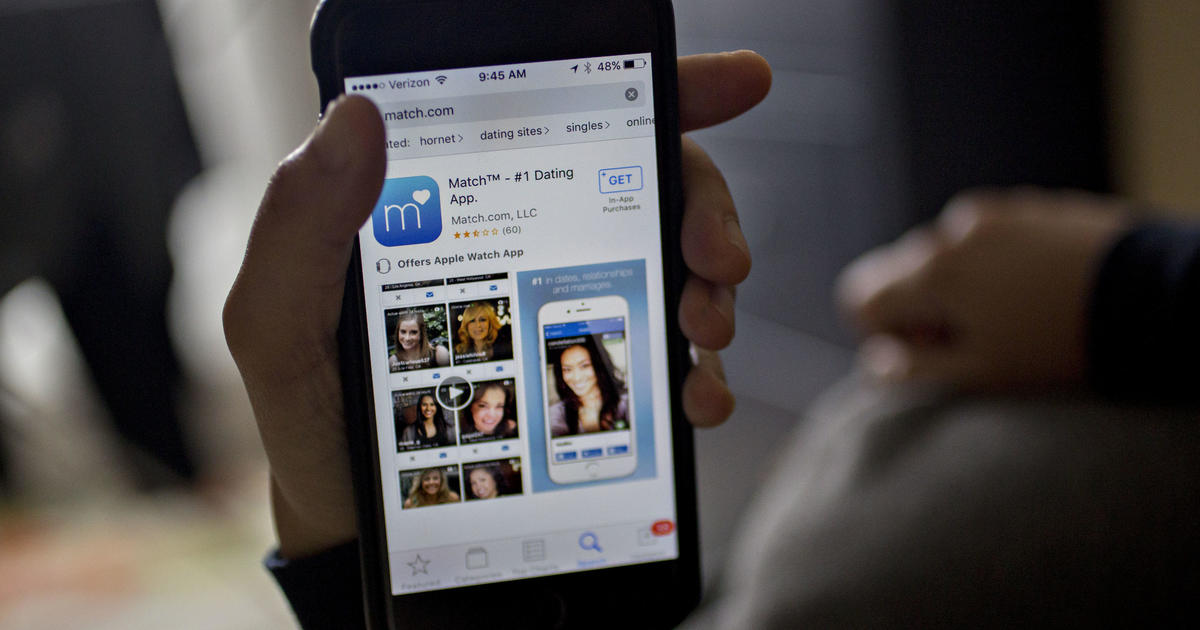Could NASA and SpaceX cooperation turn into competition?
Vice President Mike Pence introduced the newest class of American astronauts Wednesday at NASA's Johnson Space Center in Houston.
They will train for two years before qualifying for space travel, which could include missions aboard commercially-built spacecraft from private companies like SpaceX.
NASA is counting on SpaceX to bring cargo, and eventually astronauts to the International Space Station, while SpaceX relies on NASA contracts and its launch pad.
Complete with a Hollywood soundtrack, for years, NASA has promoted plans to send humans into deep space.
But its "Space Launch System" won't be ready to bring humans around the moon until at least 2021, reports CBS News' Manuel Bojorquez.
So, it came as a surprise to NASA when SpaceX founder Elon Musk held a conference call in February announcing plans to use a powerful rocket that hasn't yet flown to sling private tourists around the moon next year--an ambitious timeline, according to Mary Lynne Dittmar who represents some of SpaceX's competitors through the Coalition for Deep Space Exploration.
"If you're putting all the schedule pressure on, you are essentially -- you're automatically assuming more risk. You're automatically creating an environment where you are operating at higher risk because you have to meet the deadline," Dittmar explained.
Dittmar said she is concerned about the 2018 deadline for SpaceX.
The company is already busy launching commercial satellites while working on a NASA contract to launch astronauts to the International Space Station.
NASA has relied on Russia for rides to space ever since its shuttle program ended in 2011.
"Not anything against the Russians, but it would be good to have Americans that are able to move back and forth now from Earth to space using our own vehicles," Dittmar said.
The bigger prize is Mars. Both NASA and SpaceX are working separately on plans to get to the red planet.
"Do you see any scenario where NASA and these companies might be stepping on each other's toes at all?" Bojorquez asked Charles Miller, the president of NexGen Space.
"Well, yes. People have to re-learn the dance steps, right?" Miller said.
Miller advised President Trump's NASA transition team to embrace competition between traditional aerospace contractors and companies like SpaceX. It seems to have worked. Mr. Trump's proposed budget for NASA in 2018 "increases cooperation with industry".
"It is my belief that the human space flight endeavor of NASA will collapse unless we get more innovation from American free enterprise," Miller said.
Acting NASA Administrator Robert Lightfoot appeared to agree.
"We want big companies, we want small companies, we want everybody to come to help us do this, because this journey is hard," Lightfoot said.
Yet some basic differences still have to be resolved. A NASA safety group raised concerns about SpaceX's plans to fuel its rockets with humans on board after an explosion while fueling an unmanned rocket last year. Dittmar worries any disaster involving SpaceX could have larger implications for the future of space exploration.
"Might people extrapolate from that, well, this is so dangerous nobody should be doing it?" Dittmar asked. "I think there is that danger. I would hope not. You know, I would hope that people wouldn't go down that road, but I do worry about it."
SpaceX declined to comment for this story. Elon Musk has defended the fueling process and he says the company is doing everything it can to minimize risks. Later this year, SpaceX is planning to test the larger version of its Falcon Rocket -- the one that will eventually carry tourists going around the moon.



